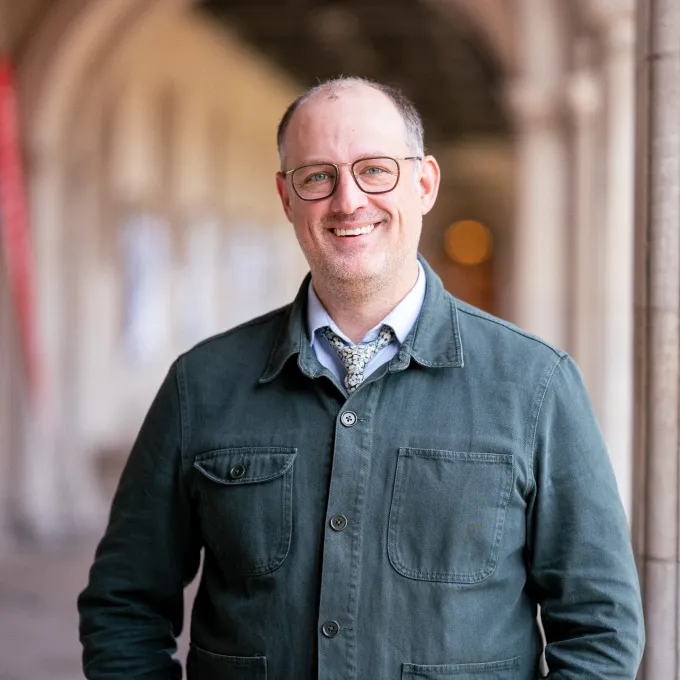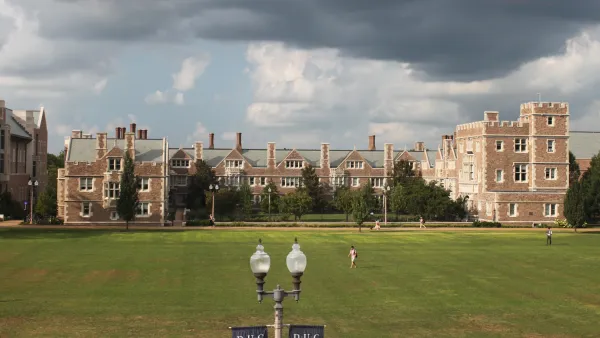Phillip Maciak writes and teaches about U.S. literature, visual media, and the idiosyncratic role of screens in our lives today.
Phillip Maciak is the TV critic at The New Republic and an editor-at-large at The Los Angeles Review of Books. His essays on television, film, literature, and pop culture have appeared in The New York Times Magazine, Slate, WIRED, New York Magazine, Defector, n+1, and The Yale Review. He’s currently at work on a cultural history of fatherhood in American life called Dad: A Pop History, which is forthcoming from Plume in 2027.
He’s also the author of The Disappearing Christ: Secularism in the Silent Era (Columbia University Press 2019), and Avidly Reads Screen Time (NYU Press 2023).
At WashU, Maciak teaches in both the English Department and the American Culture Studies Program. In English, he teaches a variety of courses, from “The Great American Novel” to “Adaptations: Film / Literature / TV.” His course on “The Writer, the Editor, and the Digital World” contributes to the department’s Publishing Specialization.
In AMCS, where he is also a major advisor, Maciak teaches “Hot Takes: Cultural Criticism in the Digital Age,” “The American Aughts: 1803 / 1903 / 2003,” and “Dad Culture Studies,” a seminar based on his book project.



